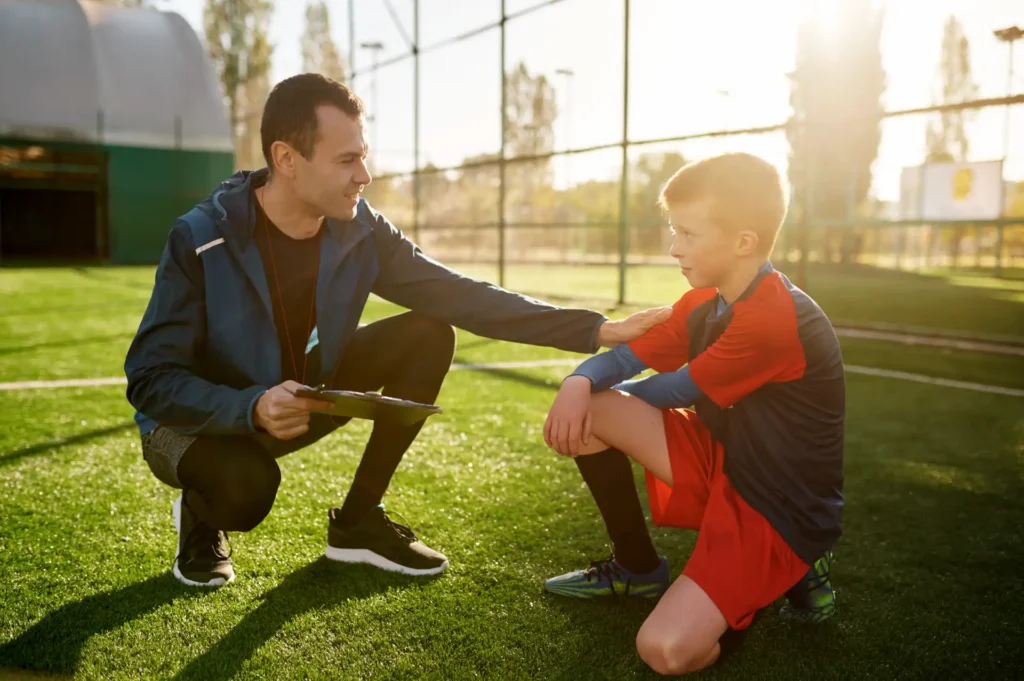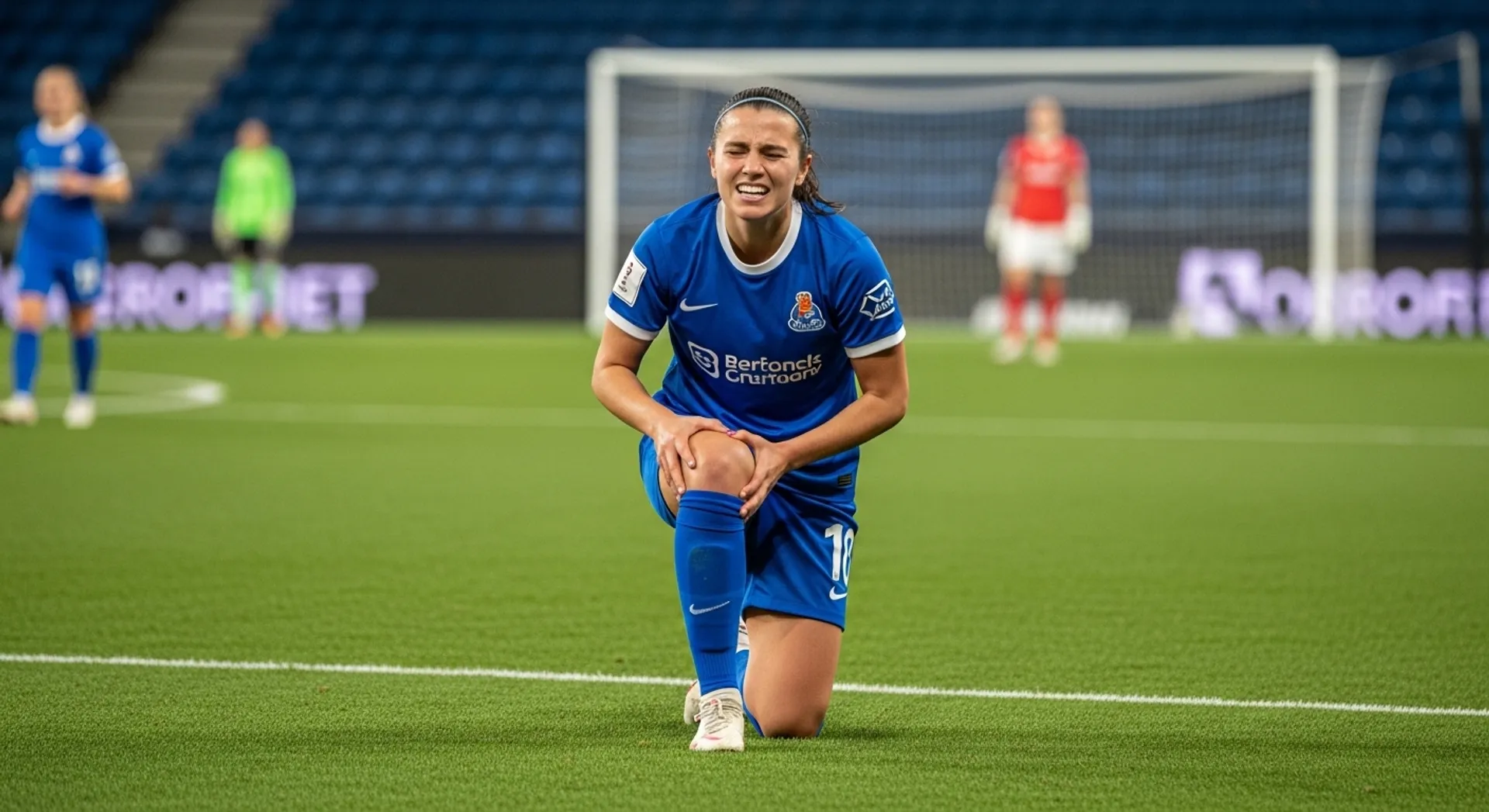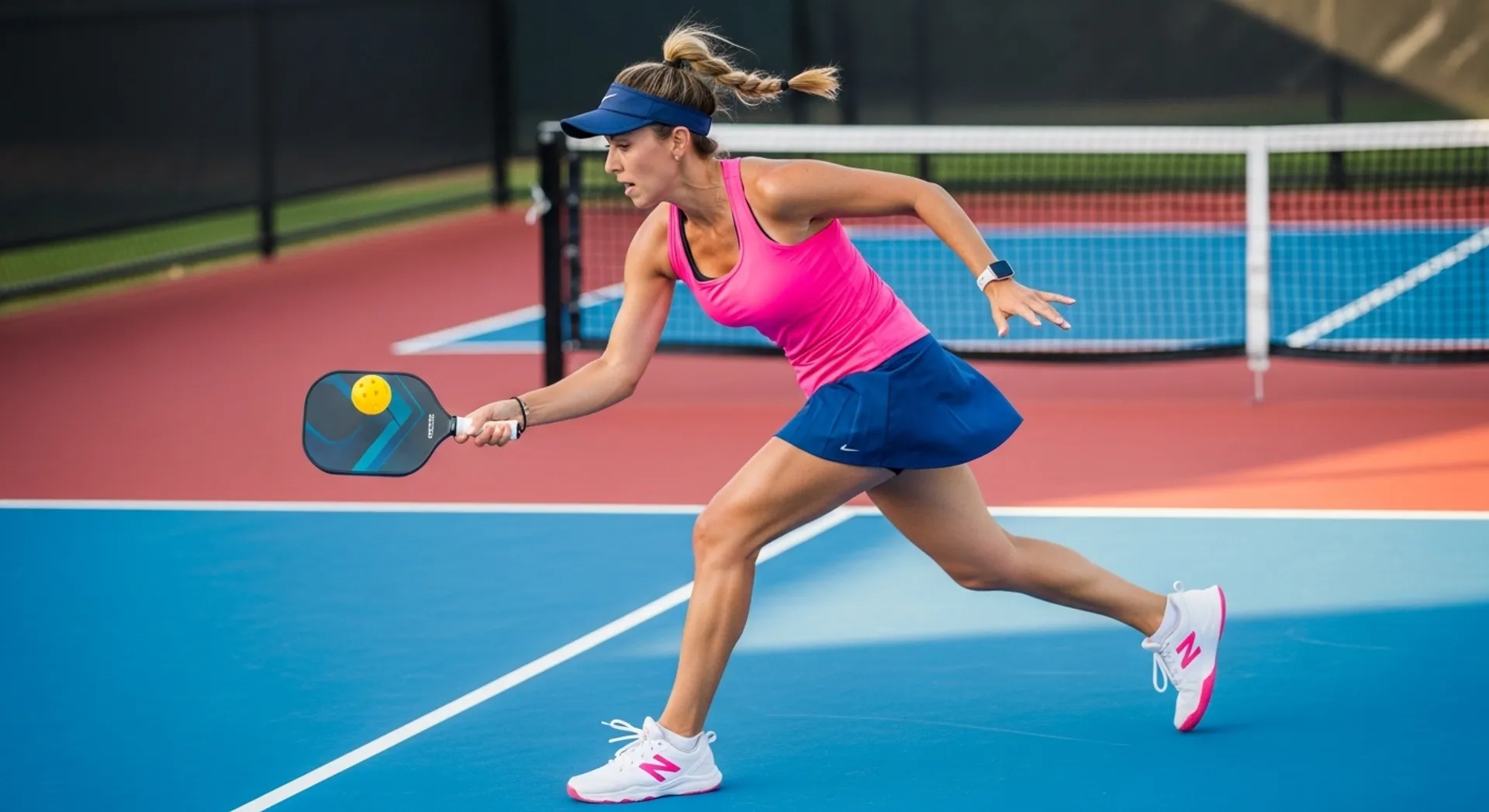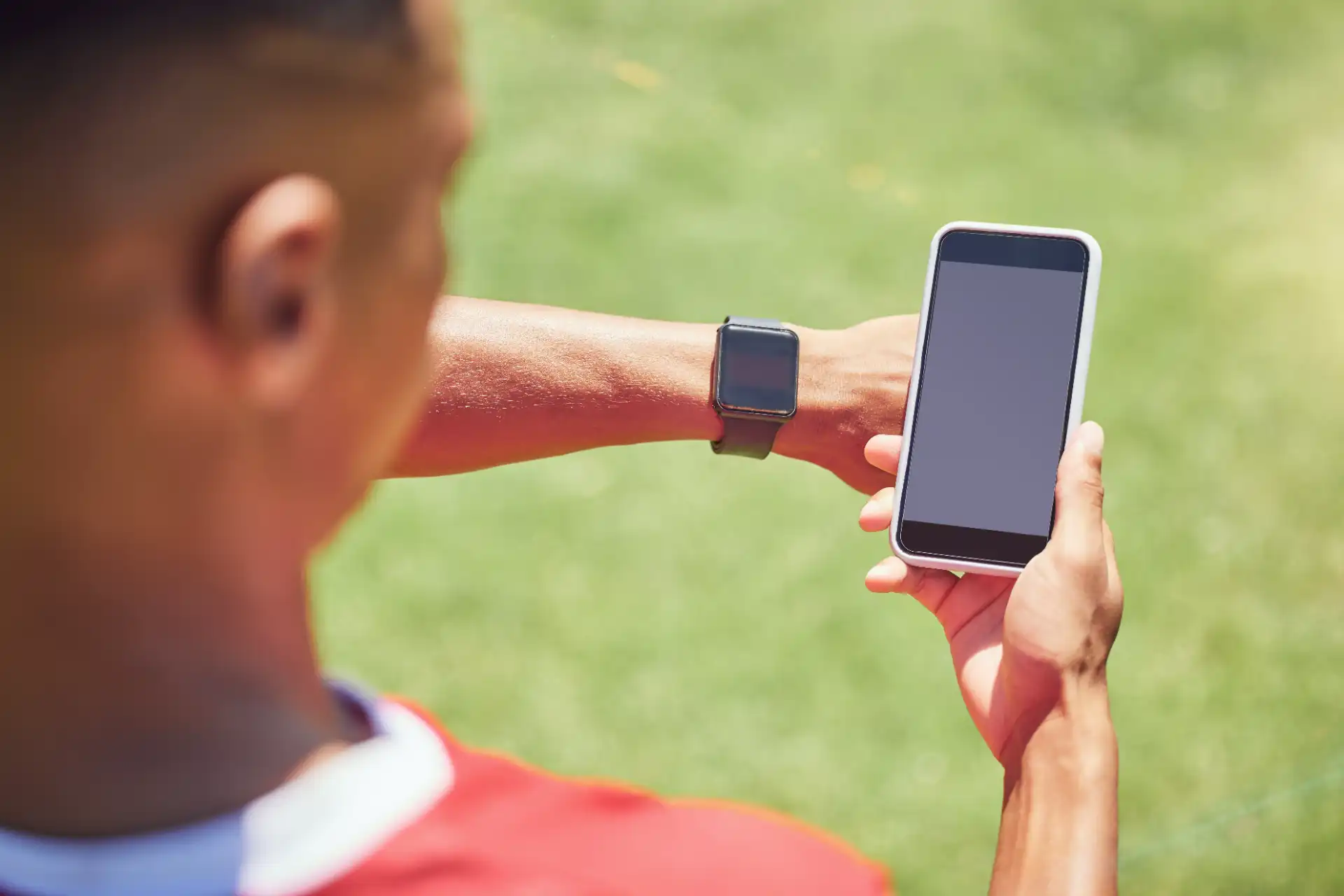Sports Injuries in Children: What Parents Need to Know
Sports offer children many benefits, from physical fitness and teamwork to confidence and discipline. However, with active play comes the risk of injuries. Understanding sports injuries in children is essential for parents to ensure their young athletes stay healthy and safe.
In this guide, we’ll cover common sports injuries in children, how to recognize the signs, prevention strategies, and what to do if an injury occurs.
Why Children Are Susceptible to Sports Injuries
Children’s bodies are still growing, which makes them more vulnerable to injuries. Growth plates (areas of developing tissue near the ends of bones) are particularly sensitive. Overuse, improper technique, and lack of proper equipment can all increase the risk of injury.
According to the Johns Hopkins Medicine sports injury prevention guide, early intervention and proper guidance can significantly reduce injury risks in young athletes.
Common Sports Injuries in Children
- Sprains and Strains: Overstretching ligaments or muscles, often from falls or sudden movements.
- Growth Plate Injuries: Damage to the growing areas of bones, common in contact sports or repetitive activities.
- Fractures: Broken bones due to high-impact falls or collisions.
- Overuse Injuries: Stress injuries from repetitive motions, like “Little League elbow” or “runner’s knee.”
- Concussions: Head injuries caused by blows to the head or falls.
For more information, visit our article on Top 10 Most Common Sports Injuries and How to Prevent Them.
How to Recognize Early Signs of Injury
Early detection is crucial. Watch for these warning signs:
- Persistent pain, even at rest
- Swelling or bruising
- Difficulty moving a joint or limb
- Numbness or tingling sensations
- Changes in mood or behavior due to pain
Learn more about recognizing symptoms in our guide: How to Recognize Early Signs of Sports Injuries Before They Get Worse.
Prevention Tips for Parents
Prevention is always better than treatment. Parents play a key role in helping children avoid injuries. Here’s how:
1. Encourage Proper Warm-Ups
Teach your child to warm up before activity. Stretching and light exercises prepare muscles and joints for movement.
2. Use the Right Equipment
Ensure that your child wears well-fitting, sport-specific protective gear. Helmets, pads, and proper footwear are essential.
3. Monitor Training Load
Children should avoid excessive training without rest days. Overuse injuries are common in kids who specialize too early in one sport.
4. Teach Good Technique
Enroll your child in programs with qualified coaches who prioritize safety and teach correct form.
5. Promote Hydration and Nutrition
Proper hydration and a balanced diet support overall health and recovery. Dehydrated muscles are more prone to injury.
For a comprehensive prevention resource, check out HealthyChildren.org’s sports injury prevention tips.
What to Do if Your Child Gets Injured
Even with the best prevention, injuries can still happen. If your child experiences pain or swelling:
- Apply the R.I.C.E. method (Rest, Ice, Compression, Elevation).
- Monitor symptoms closely.
- Seek medical evaluation if pain persists or worsens.
- Follow medical advice for recovery and rehabilitation.
Read our detailed guide on Sports Injury Recovery: Expert Tips for a Faster Healing Process.
Helping Your Child Cope Emotionally
Injuries can be tough emotionally, especially for young athletes passionate about their sport. Encourage your child to stay positive, focus on recovery goals, and explore other interests during downtime.
Stay involved in their recovery journey and celebrate small milestones along the way.
When Can Children Return to Sports?
A safe return to play depends on full recovery, both physically and mentally. Consult with your child’s healthcare provider and follow these general guidelines:
- Pain-free movement and strength restored
- Doctor or therapist clearance
- Gradual reintroduction to training
Rushing back too soon can lead to re-injury, so patience is key.
Conclusion
Understanding sports injuries in children helps parents keep young athletes safe and healthy. By recognizing early signs, supporting proper recovery, and focusing on prevention, you can help your child enjoy sports confidently.
Stay informed, encourage healthy habits, and work with coaches and healthcare providers to give your child the best chance for a safe and successful sports experience.
For more family-focused sports injury insights, explore our full library of articles in the Sports Injuries Blog.




